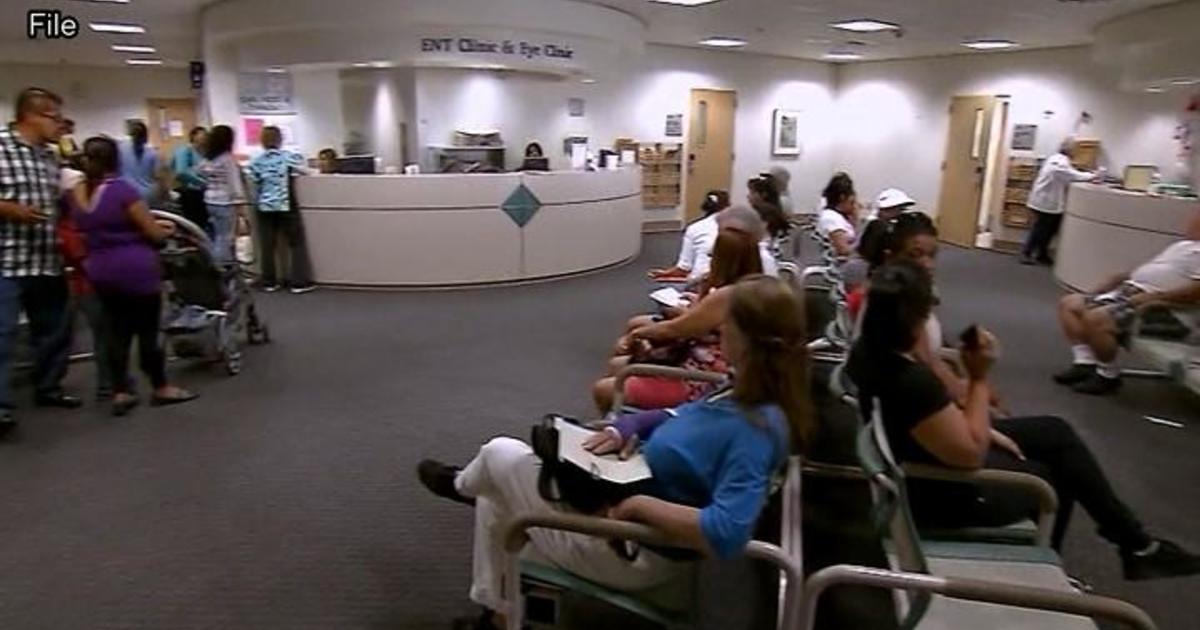Septics Legislation Prompts Criticism, Confusion
BALTIMORE (AP) -- A reworked bill to control septic systems in Maryland hasn't calmed concerns about state control of local land use, officials with two key stakeholder groups said.
Les Knapp Jr., associate director of the Maryland Association of Counties, said it is better than a bill introduced last year but still poses concerns for the state's counties. The largest concern is the expansion of state authority to approve residential subdivisions, he said.
Val Connelly, government relations director for the Maryland Farm Bureau, said Friday that the complexity of the bill is an issue, and her group wants to make sure it receives enough study.
States in the Chesapeake watershed are working to comply with the U.S. Environmental Protection Agency's tougher, federally led bay restoration plan that requires additional pollution cuts in all areas. Gov. Martin O'Malley surprised many last year with a proposal to ban septic systems, which are a source of nitrogen pollution, for major new developments.
Last year's bill died after lawmakers from both parties objected, complaining about the proposed restrictions on septic systems as well as on how farmers and other property owners could divide and sell their land for development. The governor eventually appointed a task force to study the issue over the summer.
MACO and the farm group have been looking over the re-worked measure since it was introduced this week as part of the governor's legislative agenda. The bill incorporates the task force's recommendations, including establishment of a four-tiered scale for guiding development. The scale ranges from properties in areas served by sewer systems to environmentally sensitive areas.
"This gives the state significant oversight into what has been a locally controlled process," Knapp said.
For example, some of the criteria used to determine the four tiers are dependent on state designations, Knapp said. That means it's not clear how much flexibility local governments will have to set tiers, he said.
Connelly said some of the main concerns are the impact the legislation could have on property values and how that will affect farmers, even if they don't want to sell or divide their land.
"We're having a hard time reading it, we're having a hard time understanding what they want to do with it," Connelly said, adding that some are concerned whether the complex language will achieve what the authors hope.
Connelly said she is hearing from those who could be affected that "we need to spend more time than just one hearing on this bill. We have to have multiple meetings to see exactly what it achieves."
Many are asking that a work group be created "so the folks who wrote the bill can explain what they think they are doing with it and we have an opportunity to say what we think, how that actually impacts us."
Septic systems account for 4 percent of the nitrogen that reaches the bay, according to the federal Environmental Protection Agency. Nitrogen is one of the key pollutants that affect bay water quality, spurring algae blooms that can lower oxygen levels.
(Copyright 2012 by The Associated Press. All Rights Reserved.)



